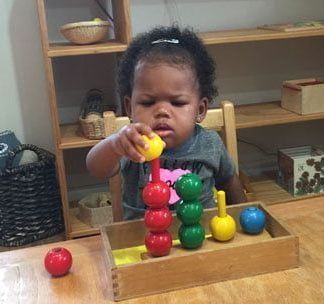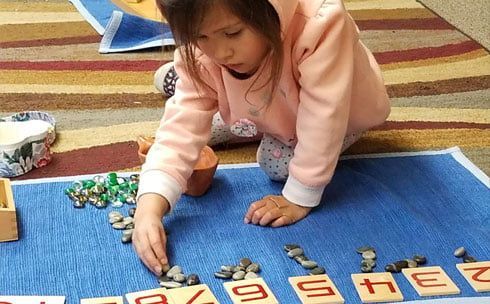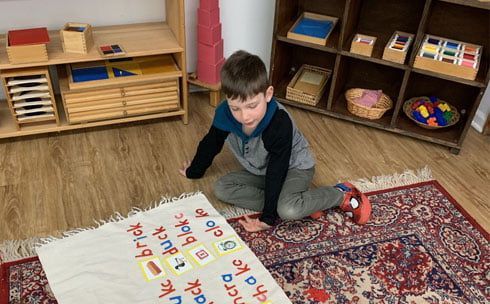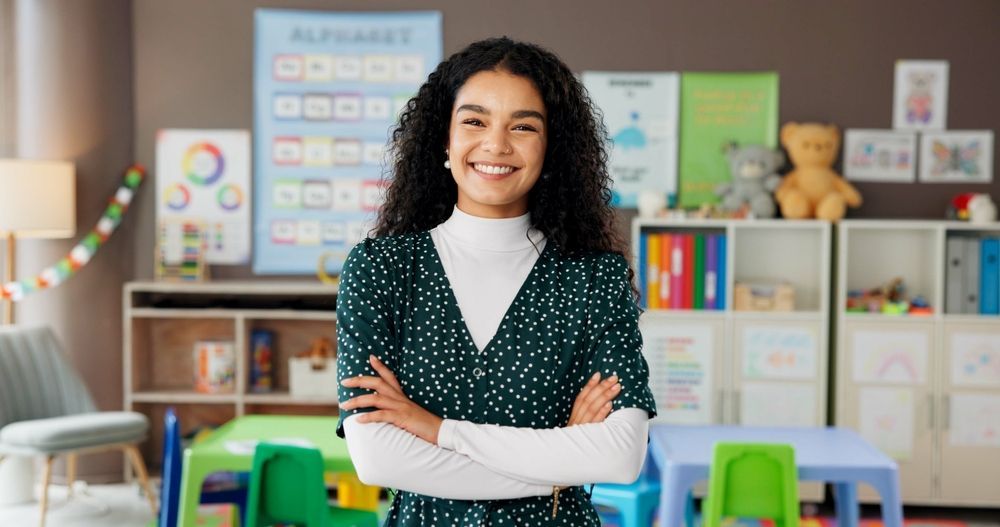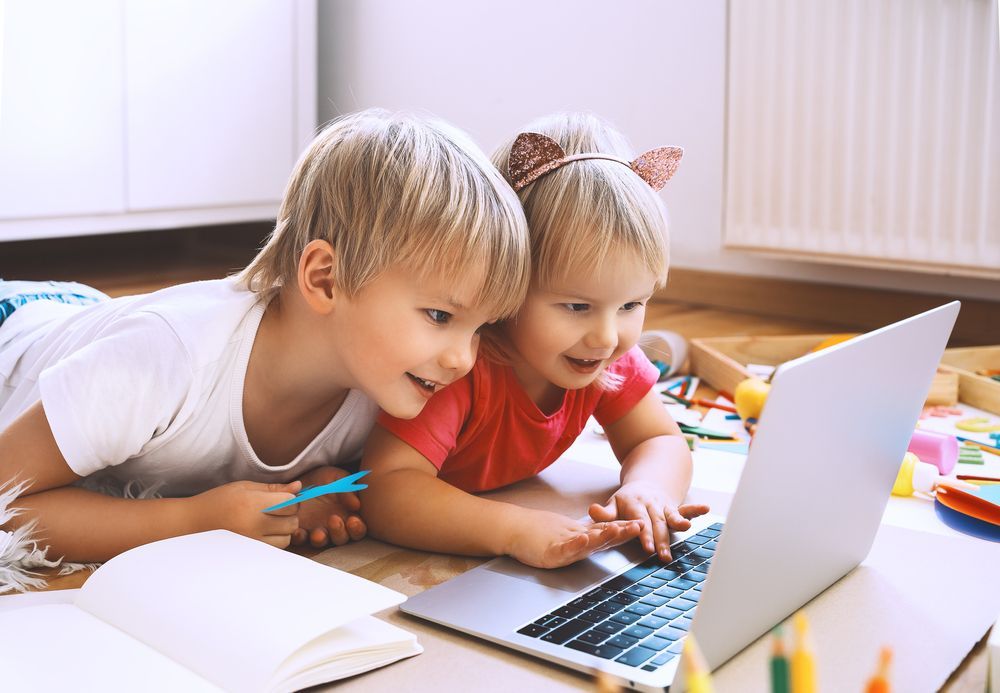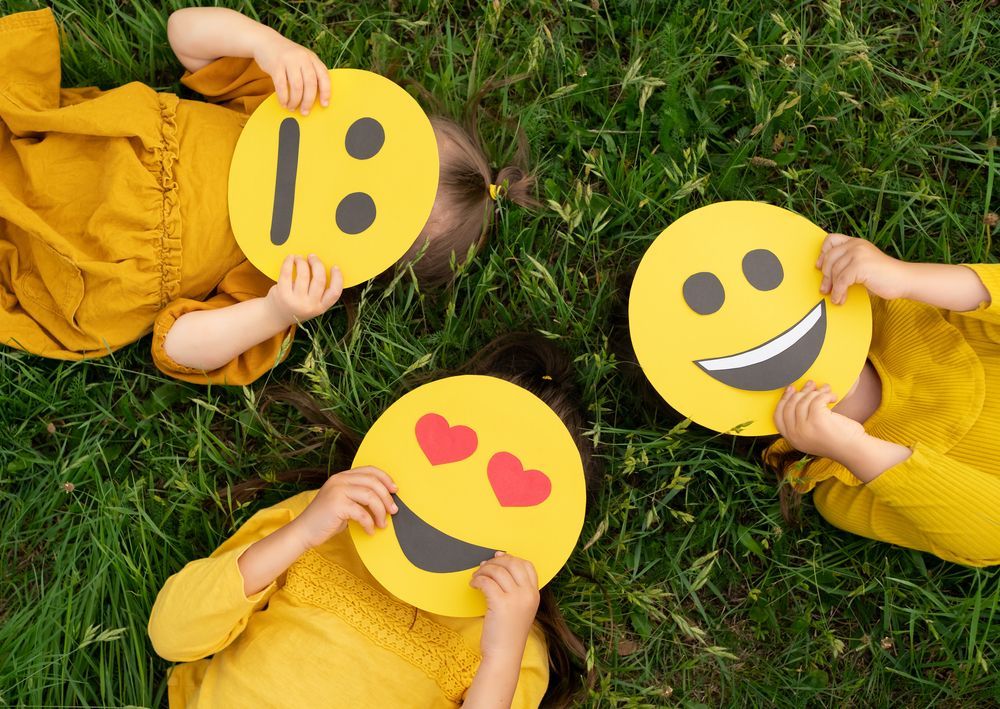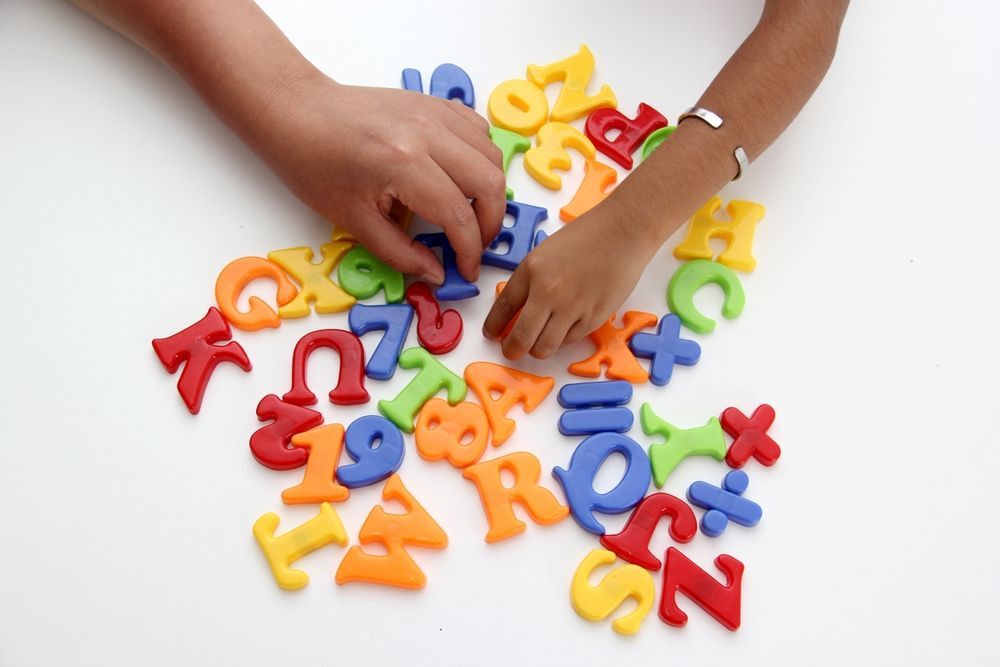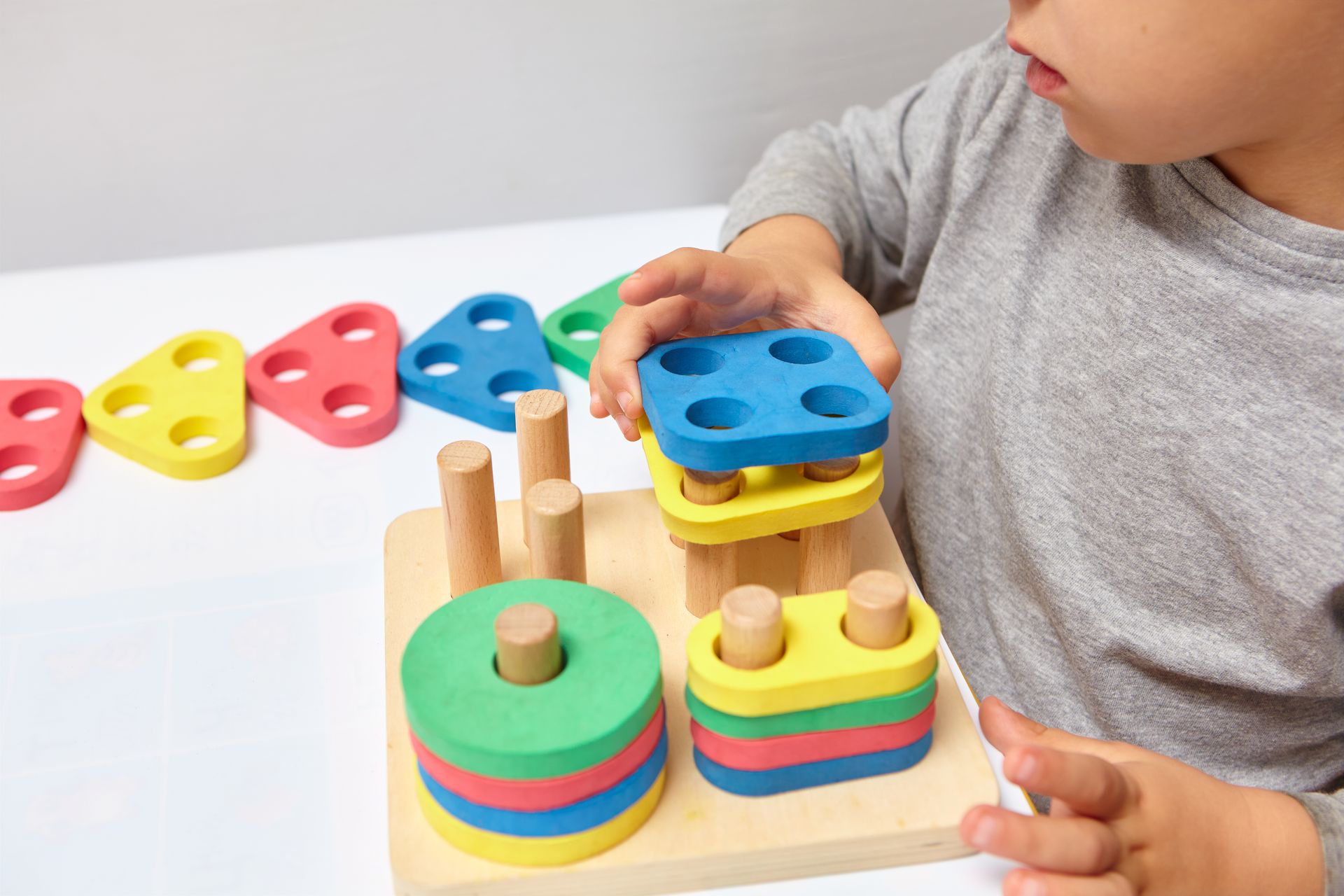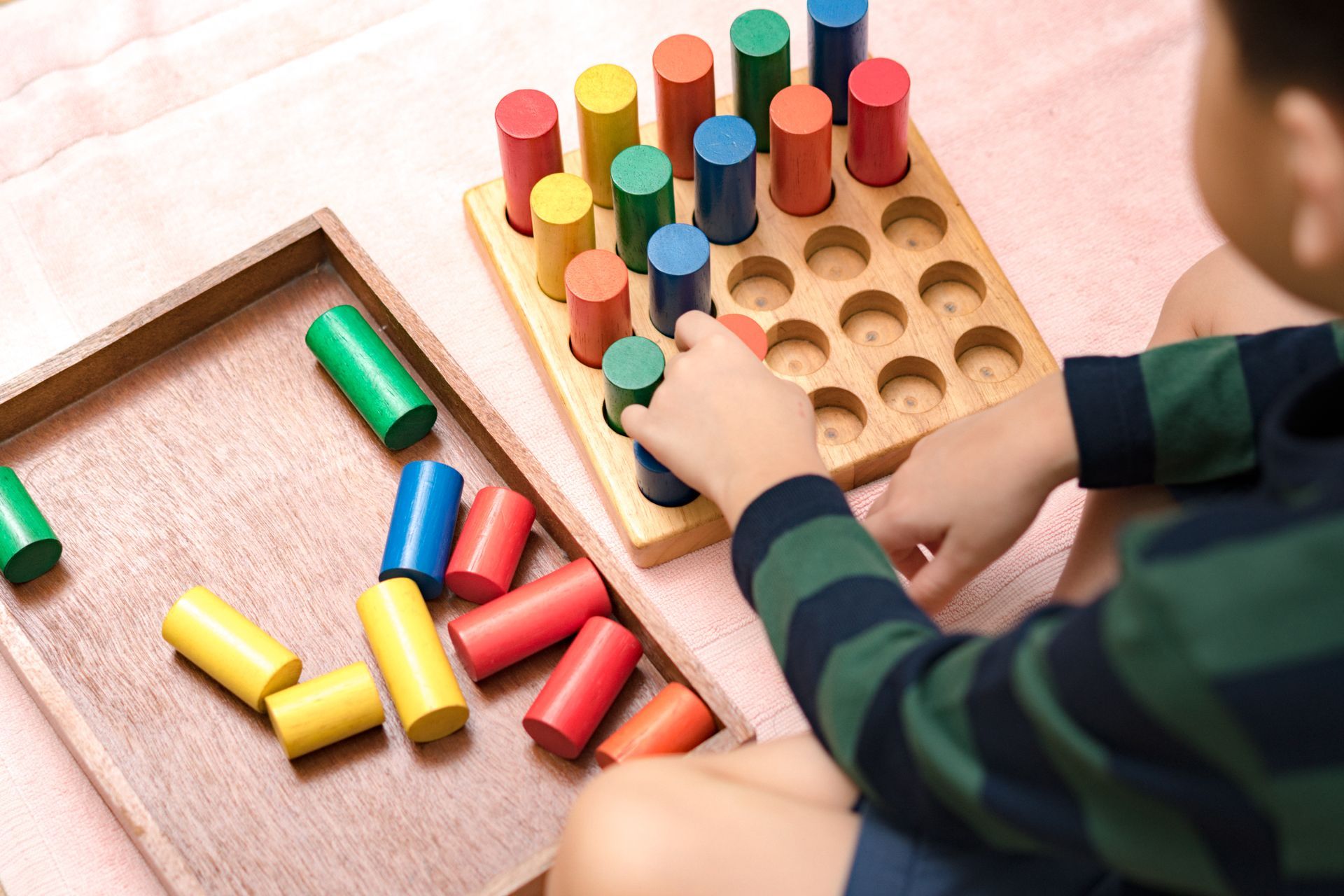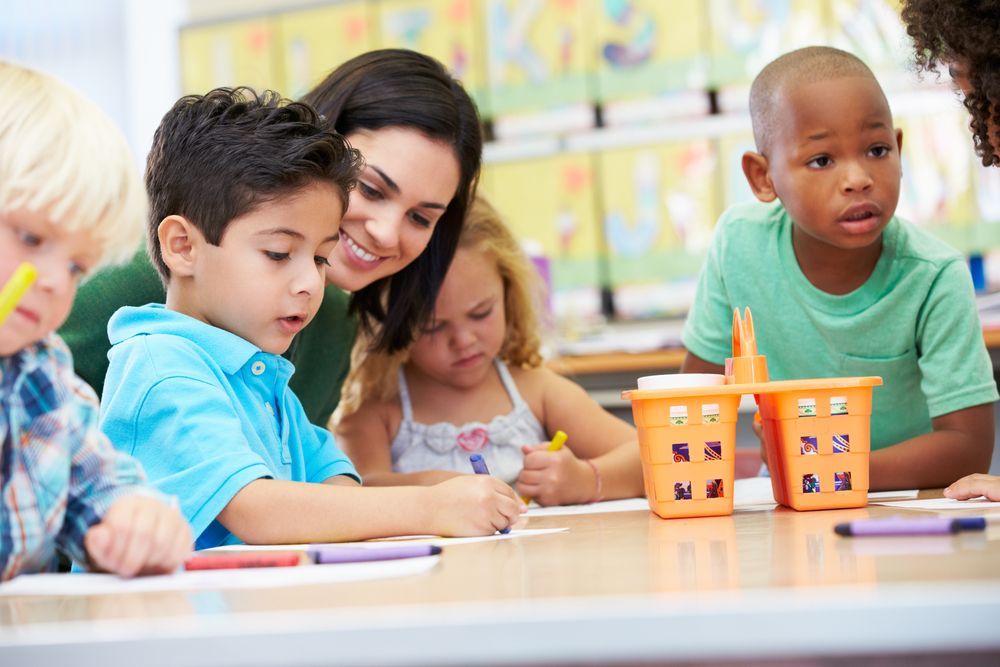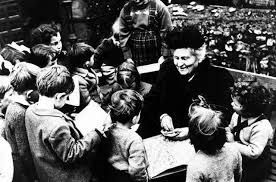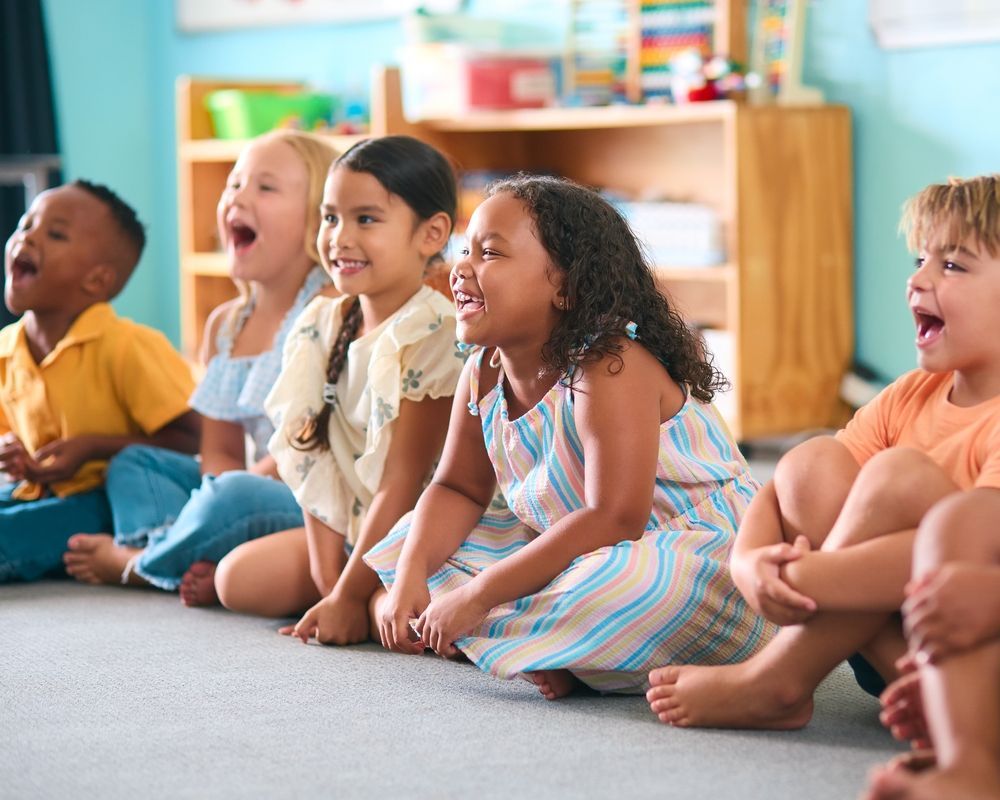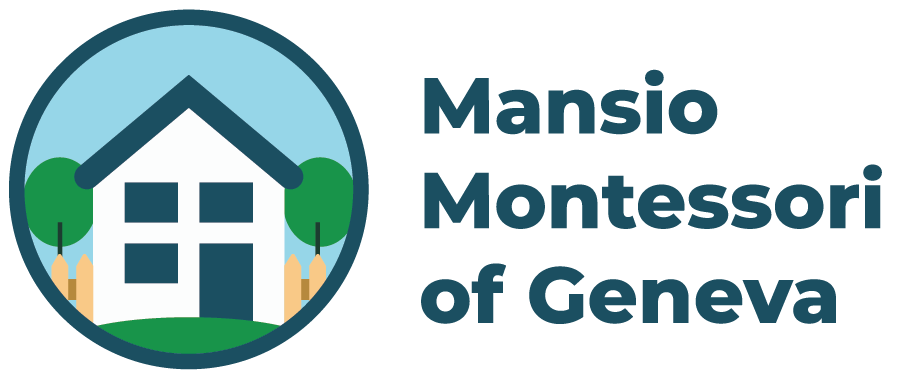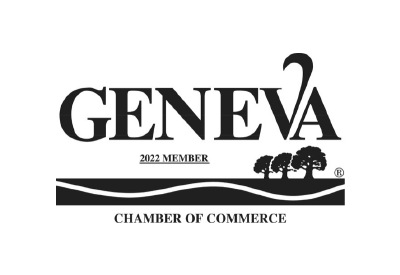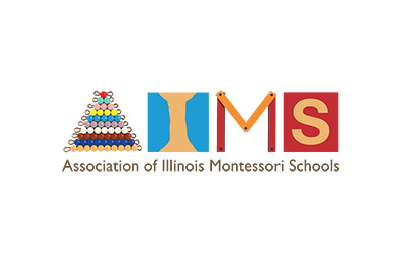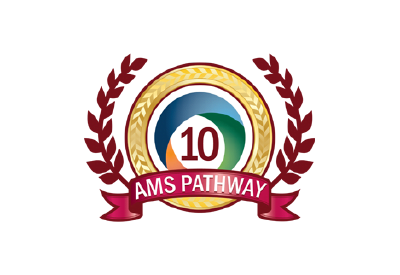Core Kindergarten Learning Objectives & Their Purpose
Share this Article:
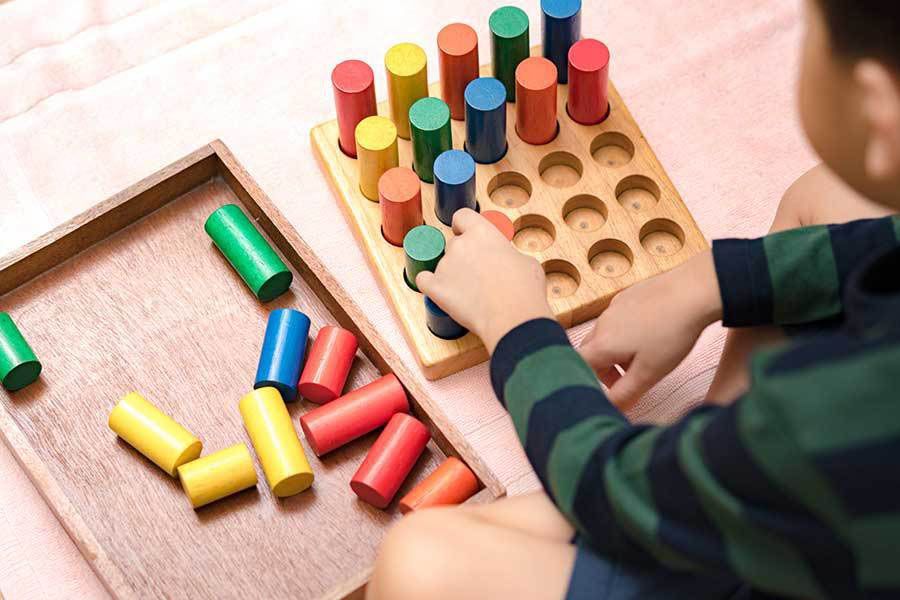
As your children continue to grow and develop in their learning skills, early childhood education is essential to boosting a child’s learning pattern. Are you transitioning from daycare or preschool and want to have your child now begin kindergarten? Have you considered enrolling your child in a Montessori kindergarten, but are wondering, what is the purpose of kindergarten ? Below, we will discuss the purpose of kindergarten by outlining core learning objectives and the top benefits of receiving a kindergarten education.
Kindergarten Learning Objectives
Kindergarten is a transitionary time between preschool and the first grade that allows for children to prepare for higher levels of education. As a result, below are the core learning objectives for children enrolled in kindergarten.
Sensorial Learning Objectives
- Distinguishing width, length, height, and size
- Developing knowledge of primary and secondary colors
- Developing tactile senses: felt boards, touch tablets, mystery bag, and textured fabrics
- Improving auditorial senses: sound cylinders and bells
- Introduction to olfactory senses: smelling bottles, knowing an item by its scent
- Enhancing gustatory senses: tasting trays
Mathematics Learning Objectives
- Developing addition and subtraction skills
- Introduction to simple multiplication and division
- Introduction to simple fractions: 1/2, 1/3, ¼, and 1/5
- Counting in sequences: from 1 to 10, counting by 5s and 10s, etc.
- Introduction to decimals
- Developing memory and concept of deduction with memory games
Science Learning Objectives
- Exploring the difference between living and non-living things
- Developing knowledge of plants and animals
- Introduction to animal classification including vertebrate and invertebrate
- Introduction to life cycles of various items: an apple, pumpkin, frog, turkey, etc.
- Developing knowledge of magnetism
- Introduction to buoyancy
- Distinguishing an herbivore from a carnivore and omnivore
Geography Learning Objectives
- Developing knowledge of land, air, and water
- Introduction to the globe, continents, countries, states, and cities
- Introduction to land and water forms
Language Learning Objectives
- Enhancing vocabulary
- Developing oral language with exercises: enunciation, tongue twisters, memorization, singing songs, etc.
- Introduction to reading phonetically
- Introduction to cultural subjects
Practical Life Learning Objectives
- Enhancing fine motor skills: clamping clothespins, threading, lacing, squeezing wet sponges, rolling/unrolling a rug or blanket, opening and closing jars or boxes, etc.
- Developing self-care: using a tissue, walking in a line, using the bathroom independently, putting on and taking off a coat, brushing hair, hand washing and drying, etc.
- Developing environmental care: sweeping the floor, watering plants, arranging flowers, crumbing, dusting shelves, etc.
- Understanding grace and courtesy: saying please and thank you, greeting, asking for help, excusing oneself, offering a snack, speaking softly, etc.
Key Benefits of Kindergarten
Kindergarten offers benefits that last a lifetime, creating potential for high success in the future. Additionally, taking advantage of kindergarten learning helps promote your child’s healthy brain development, encourages socialization in a safe environment, and exposes them to both diversity and the value of differences. With this early education, the appropriate tools and technology specifically targeted for your child’s age will enhance their overall learning and retention.
An early childhood education provides benefits that last a lifetime, creating potential for high success in the future. Below are some examples of the ways in which kindergarten and early childhood education programs benefit your child:
- Promotes further brain development
- Helps develop 21st century skills to prepare for future success
- Encourages holistic development
- Enhances learning by using age-appropriate technology
- Socializes in a safe environment
- Teaches respect for people, belongings, and environment
- Exposes your child to diversity and the value of differences
In addition to mental, physical, and social benefits, kindergarten programs deliver health benefits. Receiving quality care from kindergarten centers creates a positive influence on both learning and development. Furthermore, regular vision, hearing, and developmental screenings ensure that children are properly taken care of.
Is Your Child Ready to Start Kindergarten?
We understand that enrolling your child in kindergarten and where to go is a big decision to make. However, before deciding where to go, there is one important question to answer. As the typical age range for children in kindergarten is from 4 ½ to 6 years old, is your son or daughter ready for kindergarten? Essentially, what age is kindergarten for your child?
Here are some academic, social, and physical milestones to look for in your child that can help you determine if your child is ready to transition from preschool to kindergarten.
Academically (Pre-Reading Skills)
- Can retell a simple story
- Speaks in complete sentences of 5-6 words
- Writes name or recognizes letters in name
- Recognizes the title of a book
- Matches rhyming sounds
- Counts to ten
Socially
- Feels comfortable in a group and makes friends
- Asks for help when needed
- Knows personal information (name, age, gender)
- Follows simple instructions
- Recognizes authority
- Can share toys and take turns
Physically
- Exhibits fine motor skills (holds pencil, traces shapes, buttons shirt, etc.)
- Exhibits motor coordination (rides a bike with training wheels, hops, skips)
- Manages bathroom needs
In the event you decide your child is not quite ready yet, that’s okay. It is perfectly fine to enroll your child in the following semester or even next year. The most important thing is that your child is comfortable in their learning environment and will get the most out of their kindergarten experience.
Trust Mansio Montessori: Keeping your Children Safe and Healthy as they Learn
We understand the importance of keeping your children healthy and safe as they learn and develop their social skills. At Mansio Montessori of Geneva , we are dedicated to preparing your toddler’s development with optimal learning environments that stimulate educational development both at home and in school. By tailoring the educational experience to each child, we inspire our students with a passion for learning.
We can assure you that we regularly monitor the most current health and safety guidelines recommended by the CDC to create the safest learning environment for your little ones. If you wish to know more about the specific measures we take to defend our kindergarten classroom against COVID-19, we are happy to answer any questions!
If you want to explore our kindergarten enrollment dates or learn more about our early childhood programs and what these may look like for your child, please contact us.
